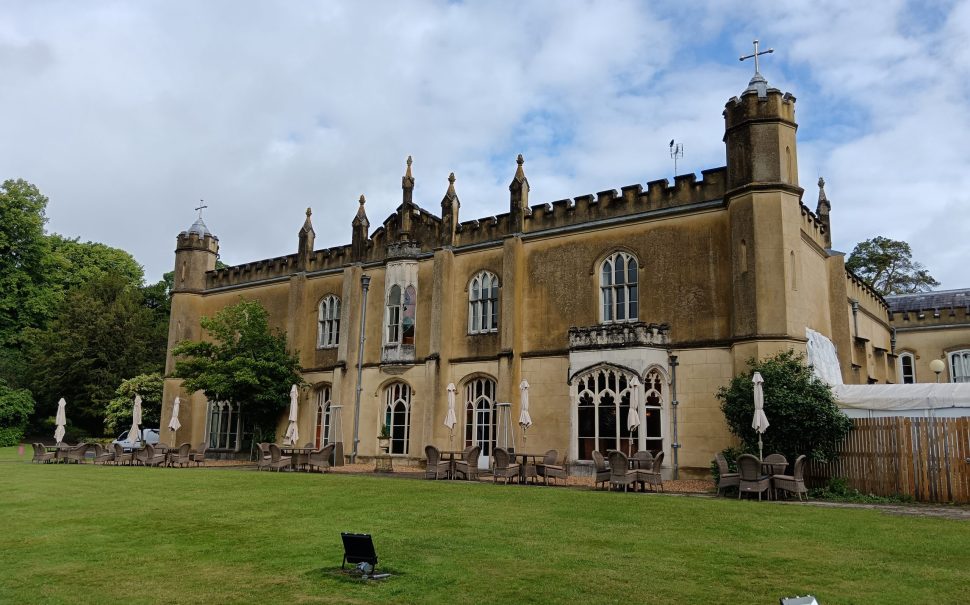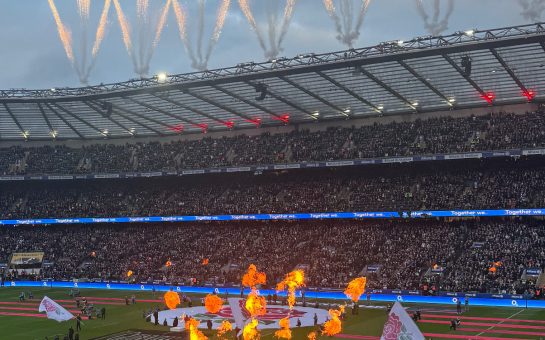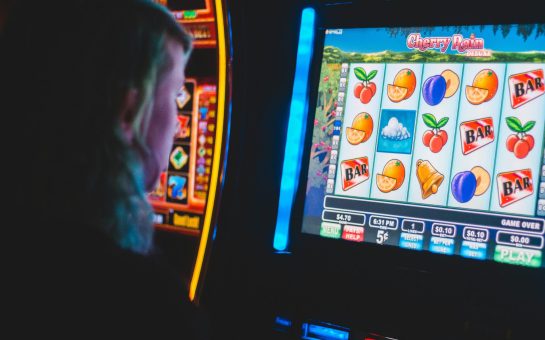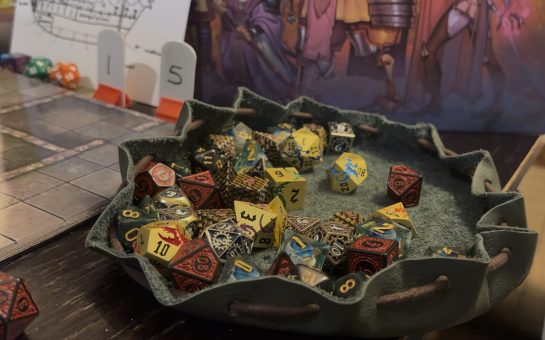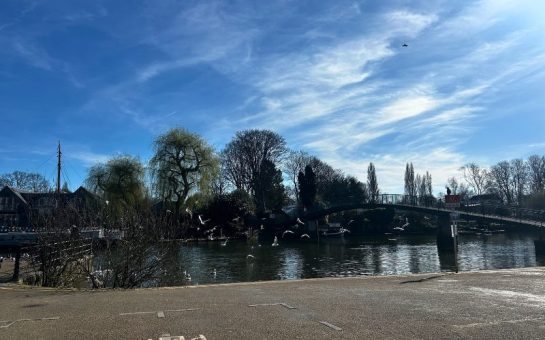Alan Murdie is not your typical council tax lawyer.
Hailing from Suffolk, he has spent decades balancing two very different worlds – one in law, the other in the paranormal as a member of the Ghost Club.
Twice chairman of the historic group, first from 1999 to 2005 and again from 2009 to the present, the 61-year-old has long been at the centre of what claims to be Britain’s oldest organisation devoted to the study of ghosts.
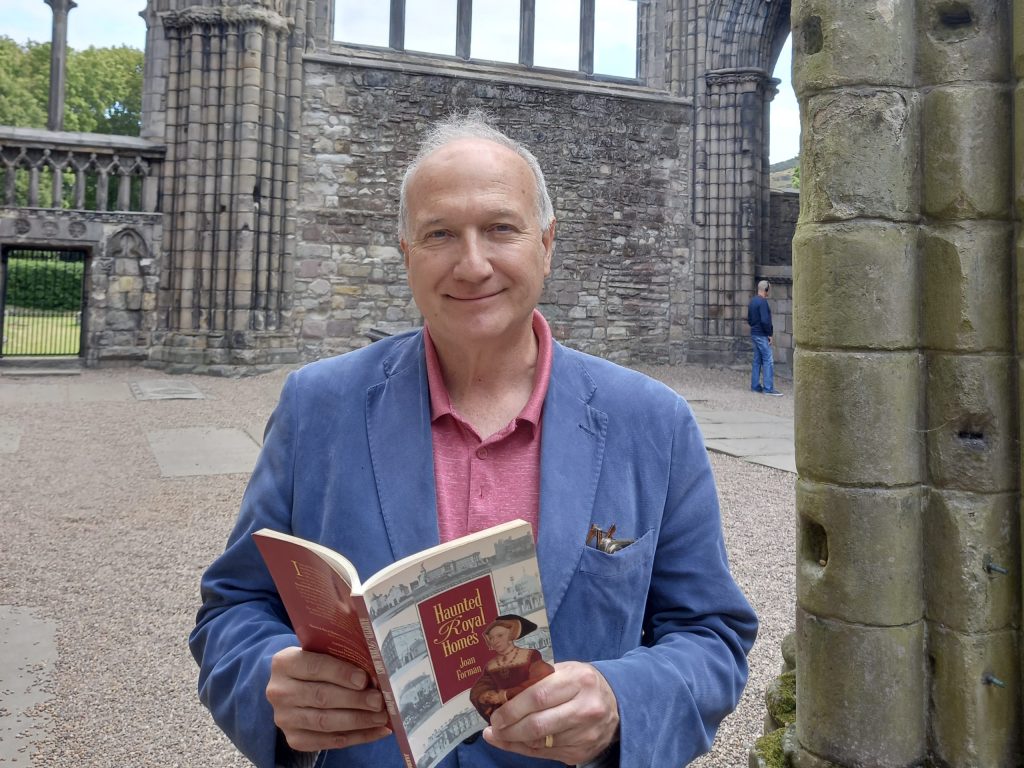
He said: “Reality is infinitely complex to and neither scientists, philosophers, theologians nor mystics have ever been able to present anything more than a tiny part of the picture.
“We are dwarfed by what we don’t know, and that does not simply apply to the paranormal.”
A writer, barrister, and long-standing member of the Ghost Club, Murdie has chaired meetings, edited publications, and lectured widely on ghost cases, the history of psychical research, and the legal aspects of belief in the paranormal.
The Ghost Club was founded in 1862 with roots at Cambridge University, where fellows at Trinity College began to discuss ghosts and psychic phenomena.
Past members include novelist Charles Dickens, poet and former Irish Free State senator William Butler Yeats.
Murdie said: “This was the era when spiritualism had arrived in Great Britain from the United States, and that basically started off a phenomenon of investigation.”
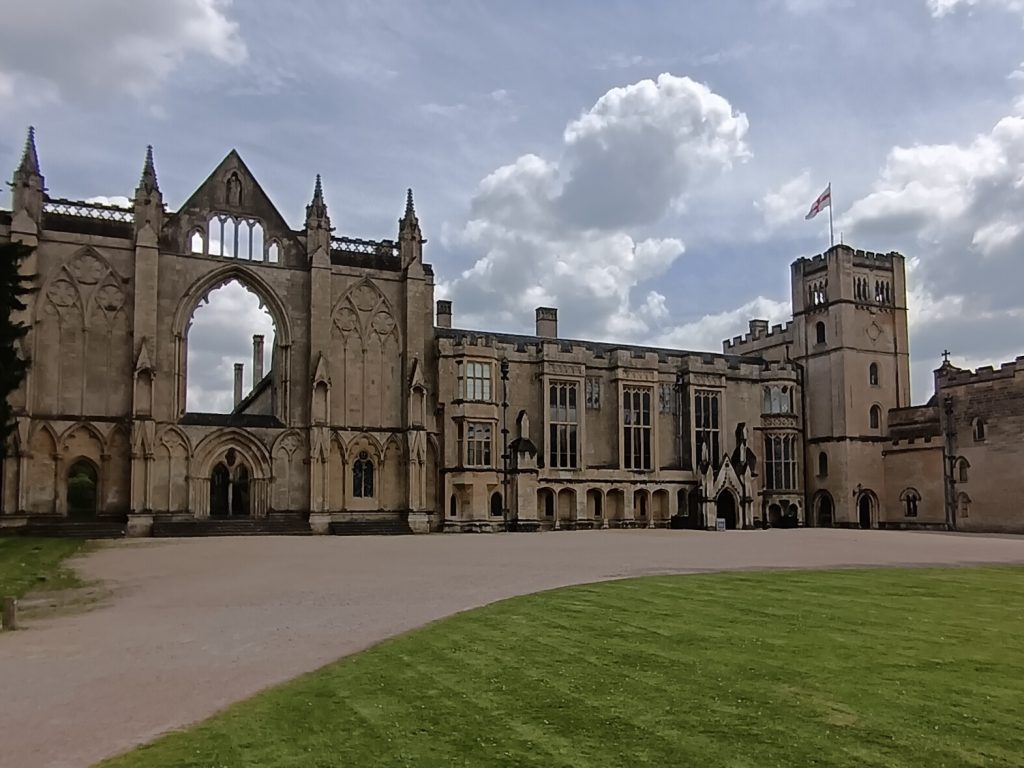
The Ghost Club can continuous trace its history back to 1882, and it even has Professor Roger Luckhurst of Birkbeck, University of London, working in the British Library on its archives.
Murdie has been interested in the paranormal since he was in primary school, long before he began practicing law.
By the 1970s, Murdie had joined a psychical research group in East Anglia.
He later worked with Psychical Search in 1988 before joining the Ghost Club in 1994.
The chairman said: “At the time, the Ghost Club really was quite small and quite elderly,
“It used to meet on a Tuesday night at 6.30, which wasn’t the best time, but there was the occasional trip or investigation.”
Over the last 25 years, the Ghost Club has expanded to around 430 members in 17 countries.
The group now hosts 10 meetings each year, most of which are in London, and organises regional trips and online discussions.
Murdie said: “We’ve also had trips abroad, and from time to time, we investigate, allegedly haunted purposes.
“And, I suppose you could say, we celebrate our cultural traditions of ghosts.”
Internationally, the club has visited sites in Romania, France, New Orleans, and Versailles, each chosen for its supernatural or legendary associations.
Some of the most famous cases include the Borley Rectory investigation, often called the ‘most haunted house in England’, and the story of Gef, a talking mongoose from the Isle of Man.
The group has also explored the Enfield Poltergeist and numerous other well-known hauntings.
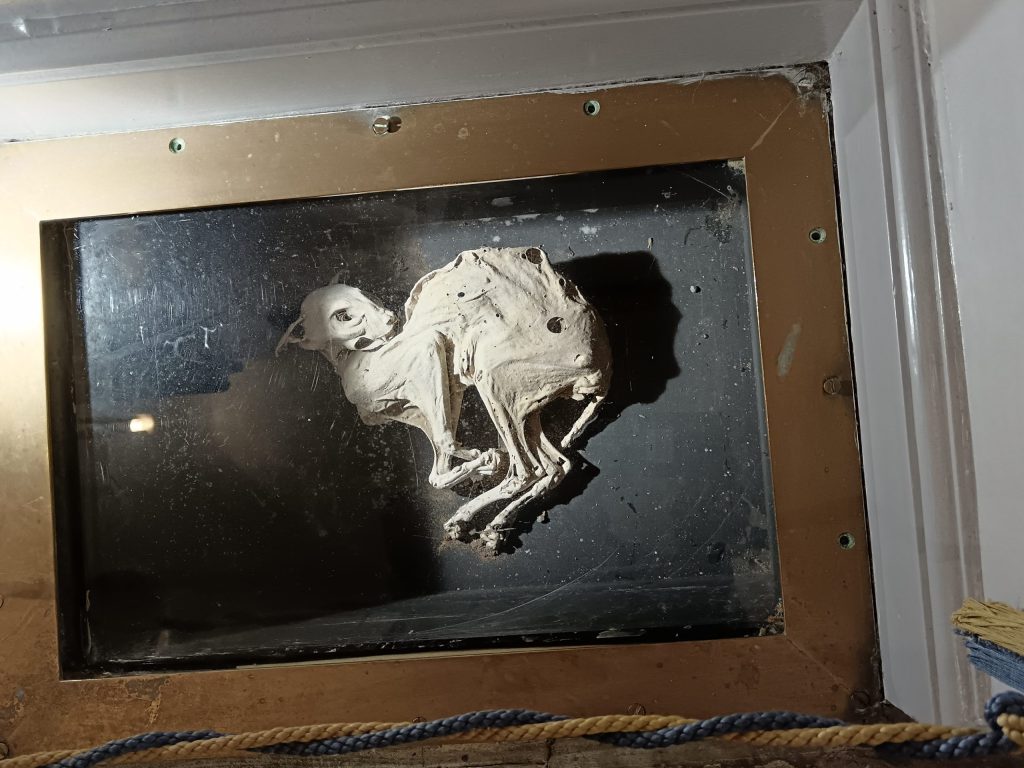
Murdie admitted he thought he had encountered poltergeist phenomena a few times. Poltergeist activity can involve strange noises, raps, knocks, disturbances of objects, even fires or people left with physical marks.
He said: “I’ve heard ghostly noises, but the most impressive experiences have been when I wasn’t looking for something.”
Murdie, who writes a monthly column called Ghostwatch, believes there is compelling evidence for certain unexplained physical phenomena at Hampton Court Palace, where reports of unusual activity have been monitored for more than two decades.
He said: “These things come and go. Sometimes it’s a change in the occupier, which can either trigger stuff off, or suddenly phenomena come to an end.
“There isn’t a sort of one automatically guaranteed place you walk into and see a ghost, because I think it also depends a lot of your own sensitivity.
“You must remember that the most important detecting device for ghosts is actually the human body, and human mind and eye.
“Sometimes my ghost-hunting equipment is a notebook, a pencil, and a sympathetic ear.”
Murdie noted it was for the best that not everyone believes in ghosts as they would find it too worrying.
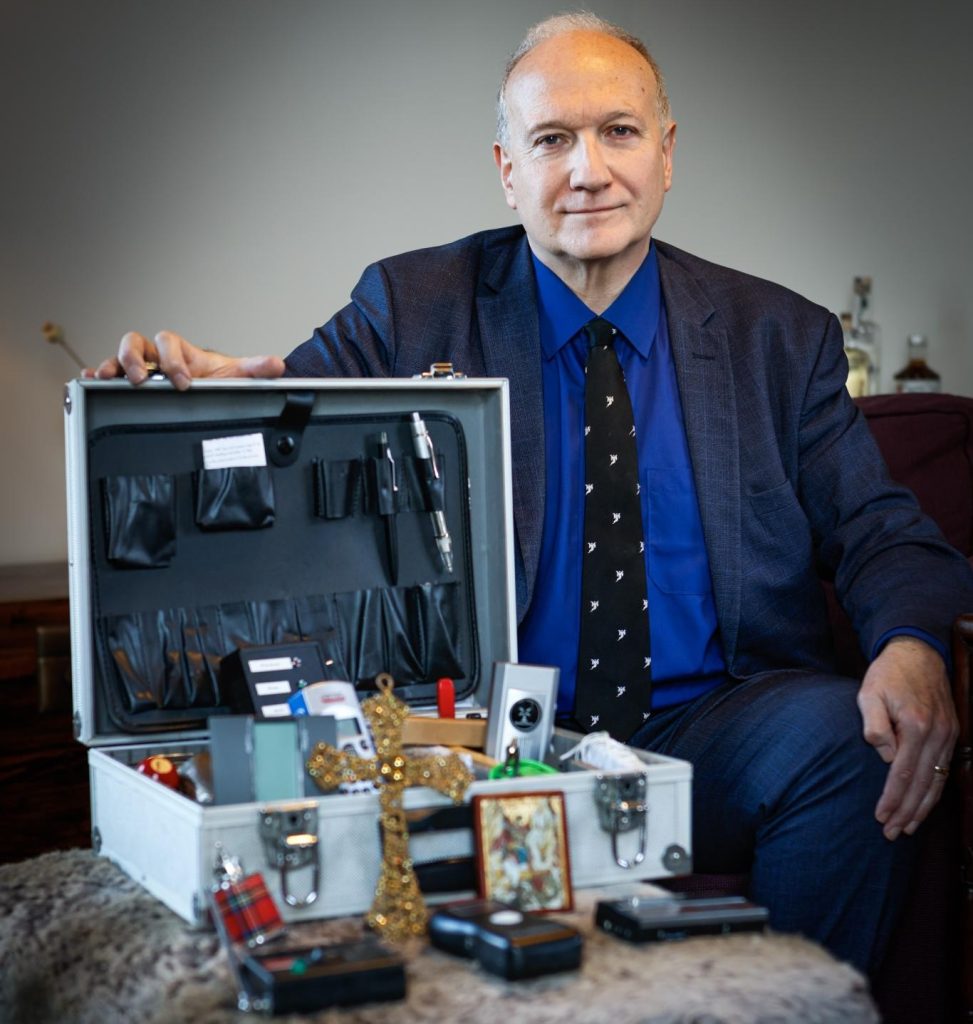
And he took a simple stance to the Ouija Board.
Murdie said: “Some people use Ouija Boards without a problem, other people shouldn’t touch them.
“It’s a bit like some people should never touch alcohol or peanuts.
“So they can, these days, be a kind of trigger for sensitive people. Where the messages are coming from – well, that remains an open question.
“Certainly people shouldn’t do it as a game because at the very least, they may open up a pathway to their own unconscious mind and the unconscious mind is very powerful.
“It may well have some odd things inside it, which might be best kept there.”
The Ghost Club hosts a variety of members who do not have one approach to religion, belief, or other, such as members of the clergy, scientists, writers, and sceptics alike.
As a club, they steer their values toward valued careful investigation and discussion over sensationalism to provide an open-minded forum for discussing evidence of the supernatural.
Feature image: Alan Murdie
